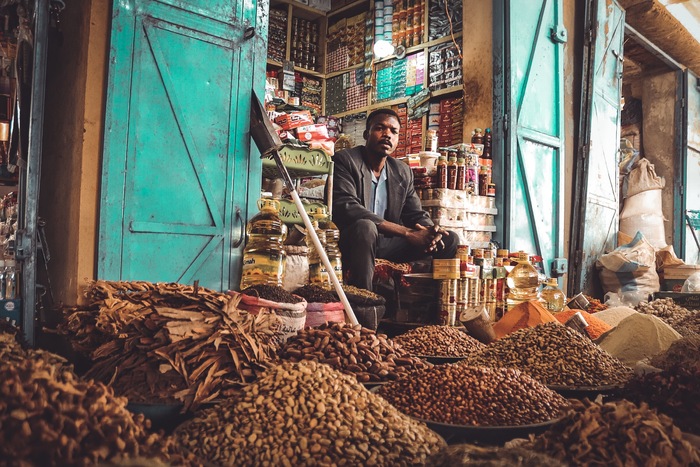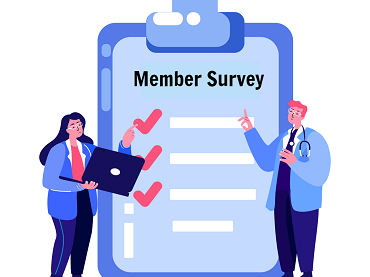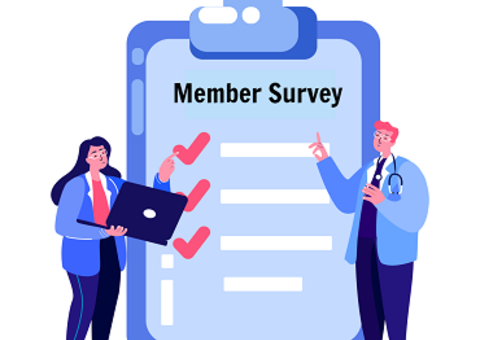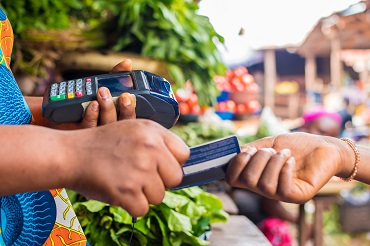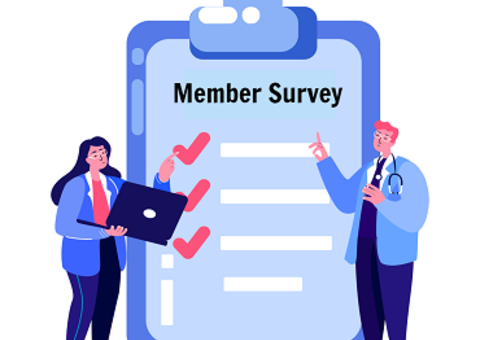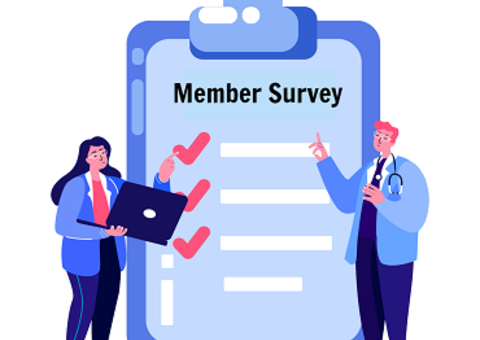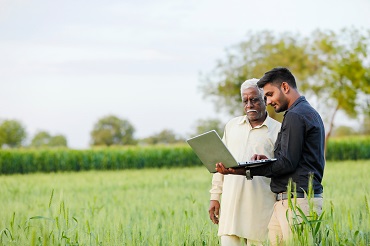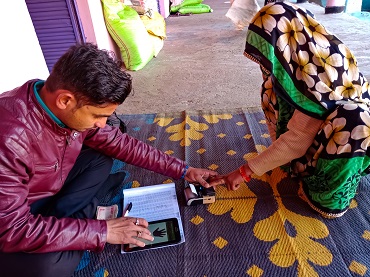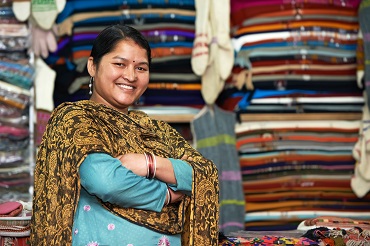Blog
Embracing partnerships to tackle challenges during COVID-19
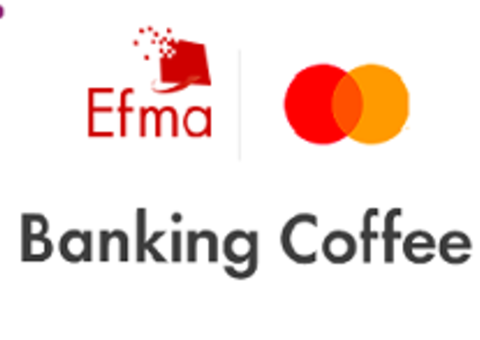
The second webinar of the SME Banking series organized by Efma focused on building partnerships in Latin America (LATAM). Convening Lukas Dzuroska from Efma; Daniel Acosta from Mastercard; Veronica Crisafulli from MO Tecnologias; and Jack De Mooij, Senior SME Expert.
The first to speak was Daniel Acosta, Mastercard Vice President - Head of Commercial Products and Solutions for Latin America and the Caribbean. He introduced how Mastercard and Mo Tecnologias are partnering to help financial institutions improve the underwriting process of the SME segments and to drive the overall financial inclusion efforts in the region. Daniel shared some of the advantages that Mastercard has found in partnering, such as accelerating competitive edge against competitors, leveraging resources from both companies to innovate faster, and growing their customer base. Mr. Acosta highlighted the relevance of choosing a partner with brand alignment that share similar values. He mentioned the challenges that SMEs are facing, such as not having a credit history, limited cash flow, high cost of financial products, and lack of access to capital markets. This situation is pushing them to use their private sources to finance the business.
Veronica Crisafulli, CCO & Co-Founder of Mo Tecnologias, explained Mo's business model. Their goal as a fintech is to democratize the credit industry, offering financial institutions a complementary scoring model to evaluate clients' creditworthiness (even without credit history). Using machine learning, artificial intelligence, anonymous socio-demographic data, credit behavior (if available or built once become client), and transactional data, their model generates a credit score. The result could be a line of credit for a credit card, a credit for a debit or prepaid card, or an immediate second authorization process when a transaction is initially declined.
Veronica shared what Mo and Mastercard are doing together during the COVID-19 crisis. First, they are technology providers for governments. She gave the example of a little municipality in Mexico they are helping. Through their model, they predict the amount of credit that the municipality can offer at zero percent interest rate, instructing the disbursement into a Mastercard card. Second, Mo is working with one of the largest CPG's, using their credit score technology to evaluate a pre-approval of credit for their merchants and disburse, if approved, into a Mastercard product.
Jack de Mooji, Senior SME expert and former Area Lead Business Banking at ING, opened up his participation with the following statement, keeping in mind that the goal is to enhance the customer experience: "If someone else has a better solution, do not try to build it yourself, I would try a partnership approach." Jack mentioned that for a customer, not getting credit for their business can be a shocking experience. Thus, during his time at ING, they looked for alternative lender partners that they could refer their customers to if ING was not able to authorize the loan.
On Covid-19, Lukas Dzuroska asked the speakers if they have access to guarantees from governments to grant loans to SMEs. Daniel replied that there are different types of reactions across the region. Some governments are putting guarantees to push lending from financial institutions to SMEs, while some consumer goods companies are lending directly to their suppliers. Veronica restated the work they are doing in Mexico, adding that in Colombia, they are also using their platform, helping to allocate government donations to the merchants in need.
Before conclusions, Lukas asked the speakers, "how exactly can partnerships help financial institutions to increase financial inclusion in the SME market?" Daniel and Veronica shared that partnerships help to incorporate more clients into the financial sector, making it more affordable to lend to SMEs, and cheaper to complete the underwriting process.
One main key takeaway the speakers highlighted is the importance of embracing partnerships, looking for a partner that shares a similar mentality, and tackle one single challenge. They also emphasized that bigger institutions should look at complementary assets offered by fintech.




